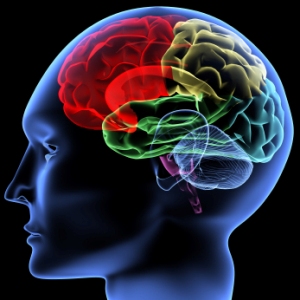
Oxytocin, the so-called "love hormone," plays a larger role in social interactions than previously thought, according to a new study involving mice.
The hormone is already known to be important in the creation and maintenance of strong mother-child bonds and sexual attachments between people.
The new finding about oxytocin's influence on social interactions could have important implications for neurological disorders such as autism, and for the understanding of human social evolution, the Stanford University School of Medicine researchers said.
In earlier research, oxytocin has been examined for its apparent roles in establishing trust between people, and has been given to children with autism in clinical trials. Autism is a neurodevelopmental disorder marked by difficulties in social interactions and communications.
Oxytocin and the brain
Now, in experiments with mice, the Stanford team identified a unique way in which oxytocin alters activity in a part of the brain that's crucial to the feeling of reward. The findings are published in the Sept. 12 issue of the journal Nature.
The study results provide evidence to support ongoing trials of oxytocin in people with autism, and also suggests possible new treatments for people with mental health disorders that impair social activity, according to the researchers.
"People with autism spectrum disorders may not experience the normal reward the rest of us all get from being with our friends," study senior author Dr. Robert Malenka, a professor of psychiatry and behavioral sciences, said in the news release. "For them, social interactions can be downright painful. So we asked, what in the brain makes you enjoy hanging out with your buddies?"
He and his colleagues said their findings in mice are highly likely to apply to people due to the close similarity between the two species' brain reward circuitry.
However, experts generally note that research involving animals often fails to produce similar results in humans.
The U.S. Centers for Disease Control and Prevention reports that one in 88 children is diagnosed with an autism spectrum disorder, which encompasses a range of severity.
More information
The U.S. National Institute of Neurological Disorders and Stroke has more about autism.




 Publications
Publications
 Partners
Partners














